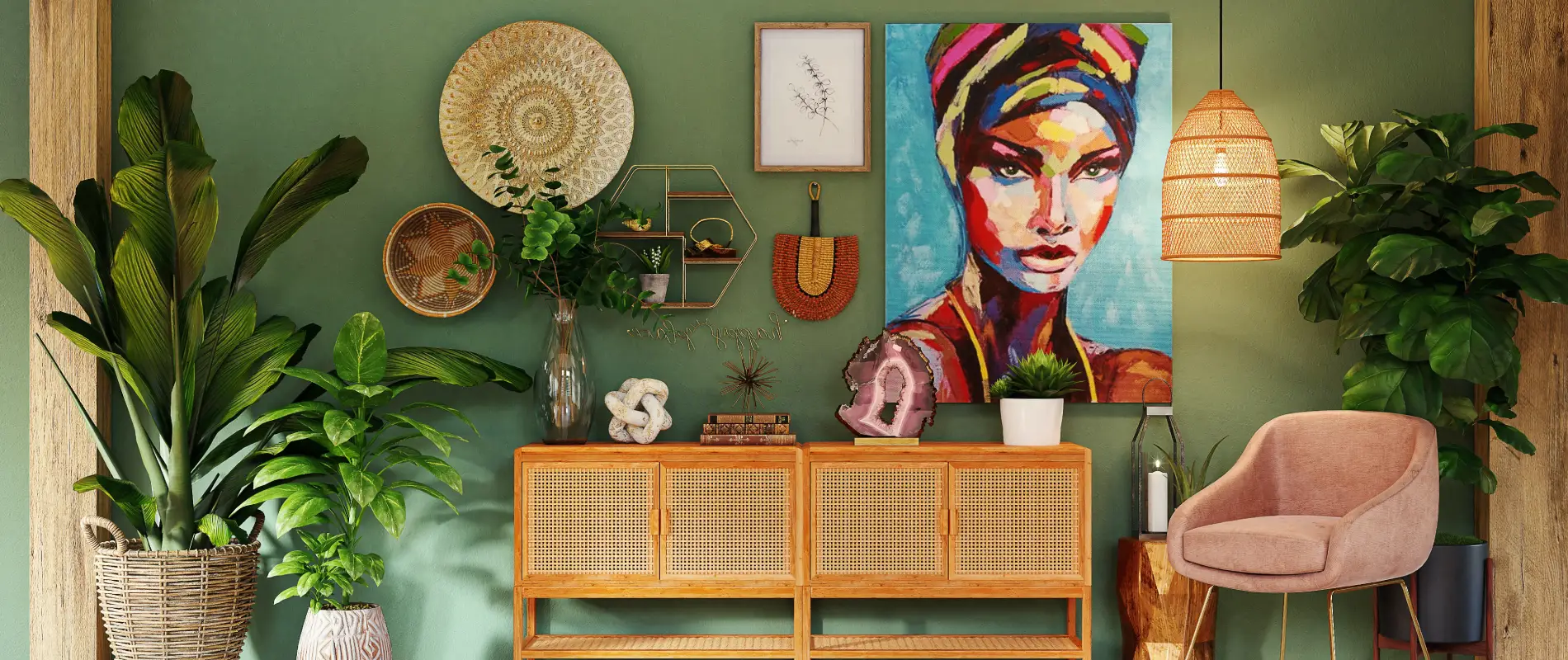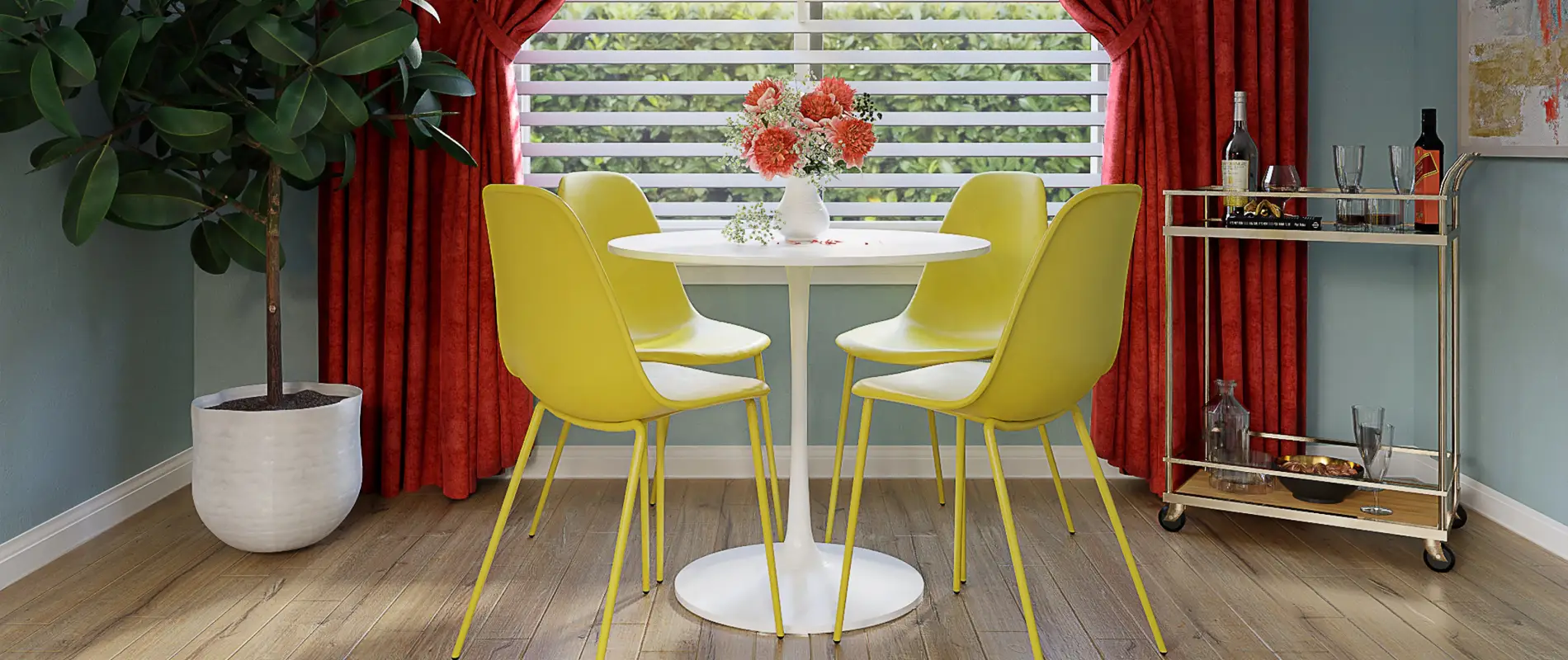Discover the perfect design for your WordPress site
Are you looking to create an engaging and modern online presence? The WordPress website design we’ve analysed showcases an exceptional layout that could elevate your WordPress site.
Original design overview
The design features a multi-column layout that instantly captures attention. With a compelling header on the left side and a vivid image on the right, it perfectly balances text and visuals. The asymmetry of the layout adds a creative touch, making it visually appealing and interactive for your visitors.
1. Layout analysis
- Overall Structure: This design effectively employs a multi-column layout.
- Arrangement of Rows and Columns: The text-rich left column pairs harmoniously with a captivating image on the right, featuring a larger header and two concise text snippets below.
- Unusual Layout Choices: The strategic asymmetry enhances visual interest, guiding viewers to the primary message effortlessly.
2. Element and feature description
- Visible Elements:
- Headers: A strikingly bold header, “A place for friends,” draws immediate attention.
- Text Blocks: Two informative text blocks provide context and welcoming messages below the header.
- Images: A lively photo on the right showcases friends sharing a moment, perfectly aligning with the theme of camaraderie and celebration.
- Interactive Elements: Although no interactive features such as buttons or forms are present, the design is engaging.
- Typography:
- Font Styles: The bold, sans-serif header contrasts with the lighter body text for clear readability.
- Sizes: A prominent header size establishes a clear hierarchy, leading viewers naturally through the message.
- Graphical Elements: The engaging image captures a social moment, enriching the overall design.
- Image Borders and Orientation: The cleanly edged portrait-oriented image fits seamlessly within the content.
3. Unique design aspects
- Standout Design Choices: The bold typography and contrasting colours deliver a strong visual impact.
- Hover Effects or Animations: While no hover effects are noted, the design’s simplicity is striking.
- Responsive Design: The adaptable layout ensures functionality across various devices, confirming its mobile-friendly appeal.
- Accessibility Considerations: High-contrast text enhances readability, promoting accessibility for all users.
4. Overall design style
- Design Style: This design radiates a modern and inviting vibe, perfect for social and hospitality-focused websites.
- Visual Hierarchy: The large header captures attention first, leading into the inviting detailed text seamlessly.
- White Space and Balance: Thoughtful use of white space around the text and visuals creates an uncluttered focus, enhancing user experience.
Ten ways to organise content in WordPress
1. Categories
Utilising categories is one of the easiest ways to organise your content on a WordPress website. Categories act like folders and help structure posts into broad topics, making it easier for visitors to find related content and for search engines to understand the context of your website.
2. Tags
Unlike categories, tags offer more detailed categorisation of content. They are like keywords that relate to the main topics covered in your post. Organising with tags makes smaller connections between posts easier to trace, helping visitors discover more content.
3. Page hierarchy
Pages in WordPress can be organised into parent and child structures. This is particularly useful for websites with a lot of static content, like services, about sections, or portfolios. A well-organised page hierarchy makes navigation more intuitive for users.
4. Custom post types
WordPress isn’t limited to just posts and pages. By using custom post types, you can create additional types of content like portfolios, testimonials, or events, allowing for more tailored organisation of your content.
5. Menus
WordPress menus are a critical component of navigation. Customise your menu to include categories, pages, and even external links for a streamlined user experience. Effective menu design enhances visitor engagement and eases content discoverability.
6. Widgets
Widgets allow you to add extra features and organization to your WordPress site. Placed in sidebars or footers, widgets can display recent posts, tags, or categories, making navigation within your site much easier.
7. Taxonomies
Taxonomies categorize content beyond default categories and tags. They allow for a more nuanced organisation, useful for sites with diverse content types like ecommerce or complex blogs. Unlock more detailed categorisation with custom taxonomies.
8. Internal linking
Use internal linking to connect posts and pages. It not only improves site navigation but also strengthens SEO by indicating to search engines which content is related.
9. Post formats
WordPress post formats provide a way to style different types of content, such as galleries, links, or quotes. Utilising post formats helps in presenting diverse content attractively, which can keep visitors engaged longer.
10. Anchor links
Anchor links are invaluable within longer content. By allowing parts of your content to be linked directly, readers can skip to relevant sections quickly, enhancing user experience. Use anchor links for a smoother navigation process within pages.
Ten different types of content in WordPress
1. Blog posts
Blog posts make up the majority of content on many WordPress sites. They are ideal for sharing updates, insights, and stories. Regular posts keep audiences engaged and informed, contributing significantly to SEO.
2. Pages
Pages in WordPress are static, used for timeless content like “About” or “Contact” pages. They support the structural foundation of any WordPress website builder by providing critical information to users.
3. Portfolios
For creatives, portfolios are essential. These custom post types display work visually through image galleries or project descriptions, allowing potential clients or employers to appreciate the extent of your work.
4. Testimonials
Testimonials provide social proof and reinforce trust in your services or products. Displaying client feedback prominently can boost credibility and drive conversions on your WordPress website design.
5. Galleries
Galleries are perfect for showcasing collections of images or videos. They are commonly used in photography websites or blogs to display visual stories effectively, giving a richer user experience.
6. Events
Event pages or posts are important for businesses hosting workshops, seminars, or parties. List upcoming events and provide essential details like dates, locations, and RSVPs. Event content draws in an audience actively engaging with your community.
7. Products
For e-commerce, products are the heart of your content strategy. Detailed descriptions, pricing, and images are crucial. Various plug-ins can augment standard WordPress setups to handle shopping features effectively.
8. Videos
Video content captivates audiences and boosts engagement. Whether it’s tutorials, reviews, or vlogs, embedding videos can increase dwell time on your site. Video content diversifies your portfolio and adds depth.
9. Podcasts
Podcasts cater to auditory learners. Integrating audio content into your WordPress site can reach users on the go, providing value through interviews, stories, or educational material, enriching site diversity.
10. Infographics
Infographics represent complex information visually, enhancing understanding. They can be incorporated into pages and posts, presenting data and narratives concisely while keeping readers engaged.
Conclusion
By exploring the rich world of WordPress, you can effectively tailor your site’s design and content, creating a unique digital space. The multi-column layout, bold typography, and engaging imagery exemplified in our design review perfectly reflect this potential. Whether you choose free WordPress themes or explore AI website builder options, the right choices can turn your vision into reality, captivating and retaining visitor interest. Dive deeper and discover more about creating your dream WordPress website today!




